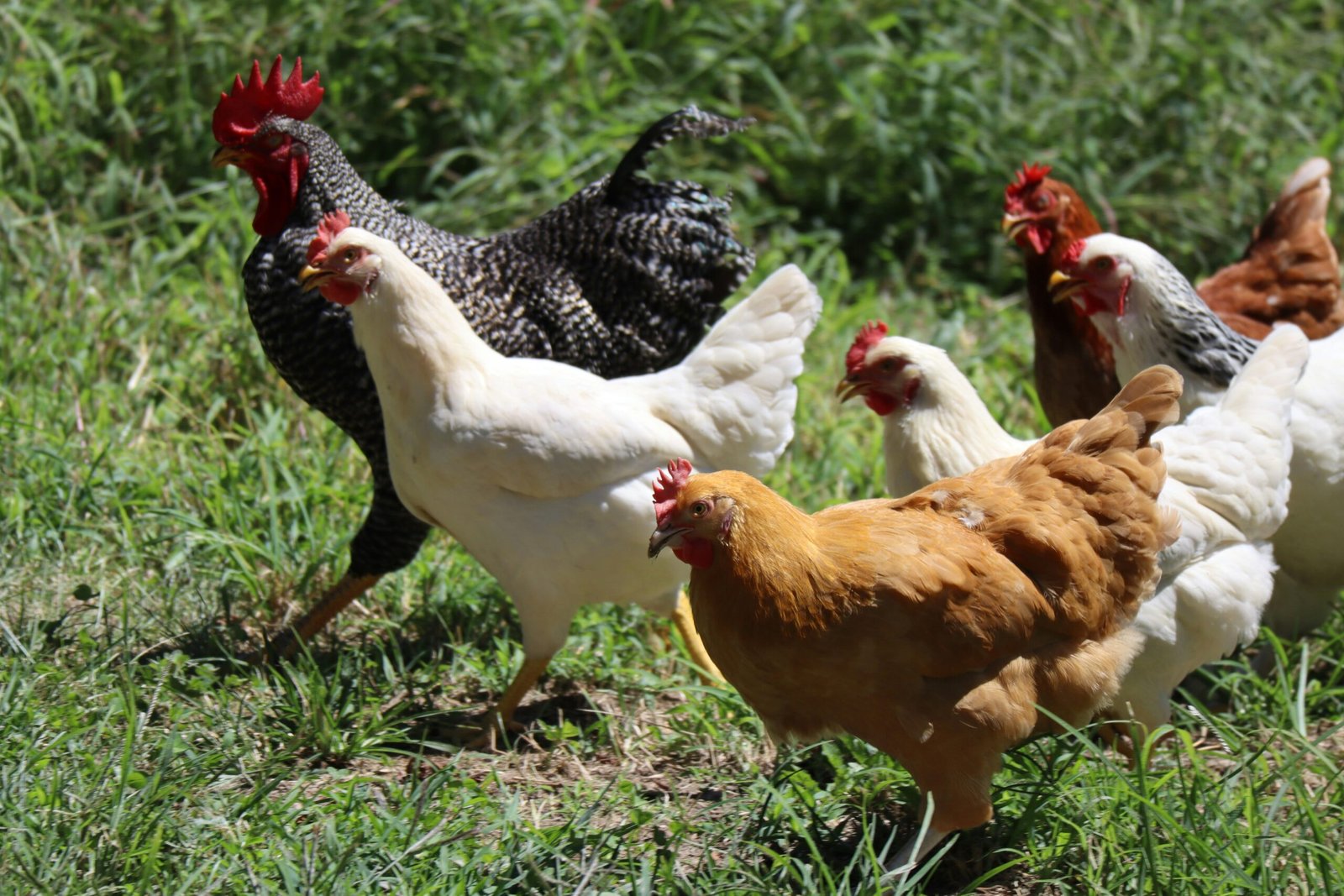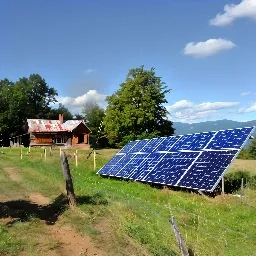Homesteading is a lifestyle that promotes self-sufficiency and sustainability. One of the key aspects of successful homesteading is waste management. In this blog post, we will explore how chickens can play an integral role in a homestead’s waste management system, by converting organic waste into valuable compost and reducing the homestead’s overall waste footprint.
1. Organic Waste Conversion
Chickens are excellent at converting organic waste into valuable compost. They have a natural instinct to scratch and peck at the ground, which helps break down organic matter and mix it with the soil. By feeding chickens with kitchen scraps, garden waste, and other organic materials, homesteaders can effectively reduce the amount of waste that goes to the landfill.
Not only do chickens consume food scraps, but they also eat insects and pests, keeping the homestead free from unwanted critters. This natural pest control reduces the need for chemical pesticides, making the homestead more environmentally friendly.
2. Compost Production
Chickens not only consume organic waste but also produce nutrient-rich manure. Chicken manure is a valuable addition to compost piles as it contains high levels of nitrogen, phosphorus, and potassium. When combined with carbon-rich materials such as straw, leaves, or wood shavings, chicken manure creates a balanced compost that is ideal for nourishing plants.
By regularly collecting chicken manure and incorporating it into compost, homesteaders can create a sustainable cycle of waste management. This compost can then be used to fertilize vegetable gardens, fruit trees, or flower beds, reducing the need for synthetic fertilizers and closing the loop on waste disposal.
3. Waste Footprint Reduction
Integrating chickens into a homestead’s waste management system can significantly reduce the overall waste footprint. By diverting organic waste from the landfill, homesteaders contribute to reducing greenhouse gas emissions and landfill space usage. This not only benefits the environment but also saves money on waste disposal fees.
In addition to reducing organic waste, chickens also produce fewer non-recyclable materials compared to other waste management methods. For example, using chickens as waste managers eliminates the need for plastic compost bags or bins, further reducing the homestead’s waste stream.
4. Additional Benefits of Chickens in Waste Management
Aside from their waste management role, chickens offer several other benefits to a homestead. They provide a source of fresh eggs, which can be a valuable food source for the homesteader’s family. Chickens also produce feathers, which can be used for crafts or added to compost for additional carbon content.
Furthermore, chickens contribute to the overall biodiversity of the homestead. Their presence attracts beneficial insects and birds, creating a more balanced ecosystem. This can lead to improved pollination and natural pest control, reducing the need for chemical interventions.
Conclusion
Chickens can be an invaluable asset to a homestead’s waste management system. Their ability to convert organic waste into valuable compost not only reduces waste but also provides a sustainable source of nutrients for plants. By integrating chickens into the waste management process, homesteaders can minimize their waste footprint, save money, and enhance the overall sustainability of their homestead. So, if you’re considering starting a homestead, don’t forget to include chickens in your waste management plan!




